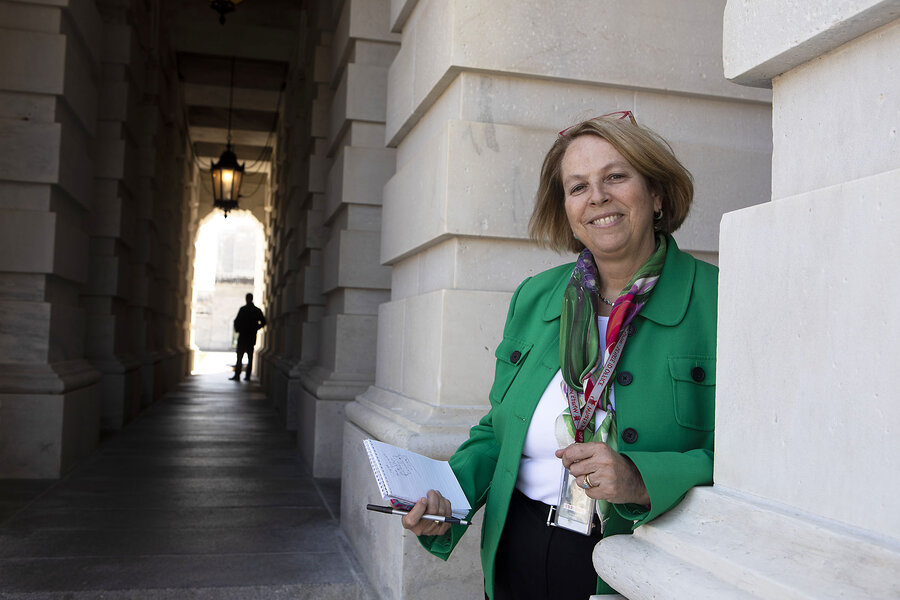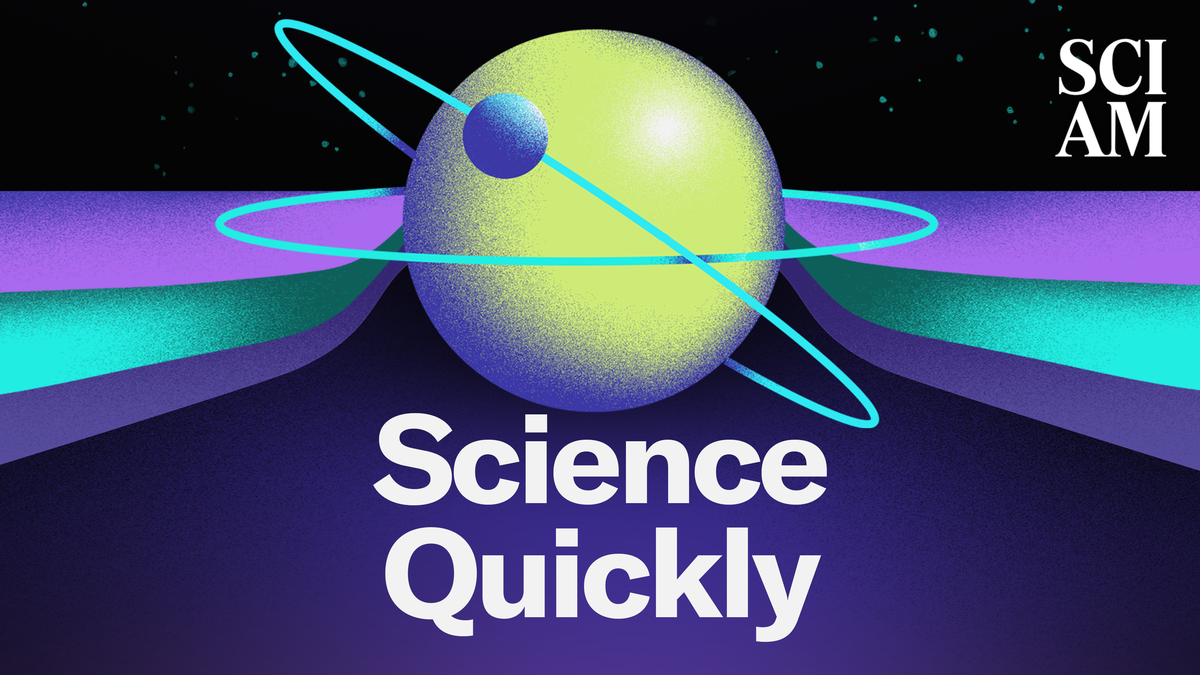Now Reading: Understanding the Rise in Autism Rates
-
01
Understanding the Rise in Autism Rates
Understanding the Rise in Autism Rates

quick Summary
- Robert F. Kennedy jr., Secretary of Health and Human Services, claimed rising autism rates represent an “epidemic” caused by recent environmental exposures.
- Autism prevalence: 1 in 31 eight-year-olds born in 2014 diagnosed with autism, up from 1 in 150 in the year 2000.
- Experts identify genetic factors as responsible for autism between 60% to 90%, with diagnostic changes explaining most of the rise in reported cases.
- Some broader societal trends like older parental age and improved neonatal care may contribute slightly to increases.
- Environmental risks such as air pollution or maternal infections have been studied but are not primary causes of rising rates according to scientists.
- Diagnostic criteria for autism were significantly expanded between the 1980s and early 2010s, affecting prevalence statistics.
- Research discredits supposed links between vaccines or ultrasounds during pregnancy and autism; earlier claims about vaccine-related risks relied on falsified studies.
Indian Opinion Analysis
Autism’s increasing diagnosis rate highlights changing paradigms in medicine, education, and societal perception rather than solely biological changes across populations. While Kennedy’s remarks aim at uncovering environmental triggers, they risk amplifying outdated narratives that contradict established science. India’s burgeoning public health infrastructure can learn from these insights by ensuring robust screening processes while prioritizing data-backed awareness campaigns around developmental disorders.
Equally vital is strategic investment into neurodevelopmental research paired with policy frameworks enabling timely intervention for affected children-especially marginalized groups who may face social stigma or lack resources. By ushering clarity into causation debates while enriching diagnostics accessibility nationwide, India stands positioned to advance a progressive response rooted firmly within scientific evidence.



























